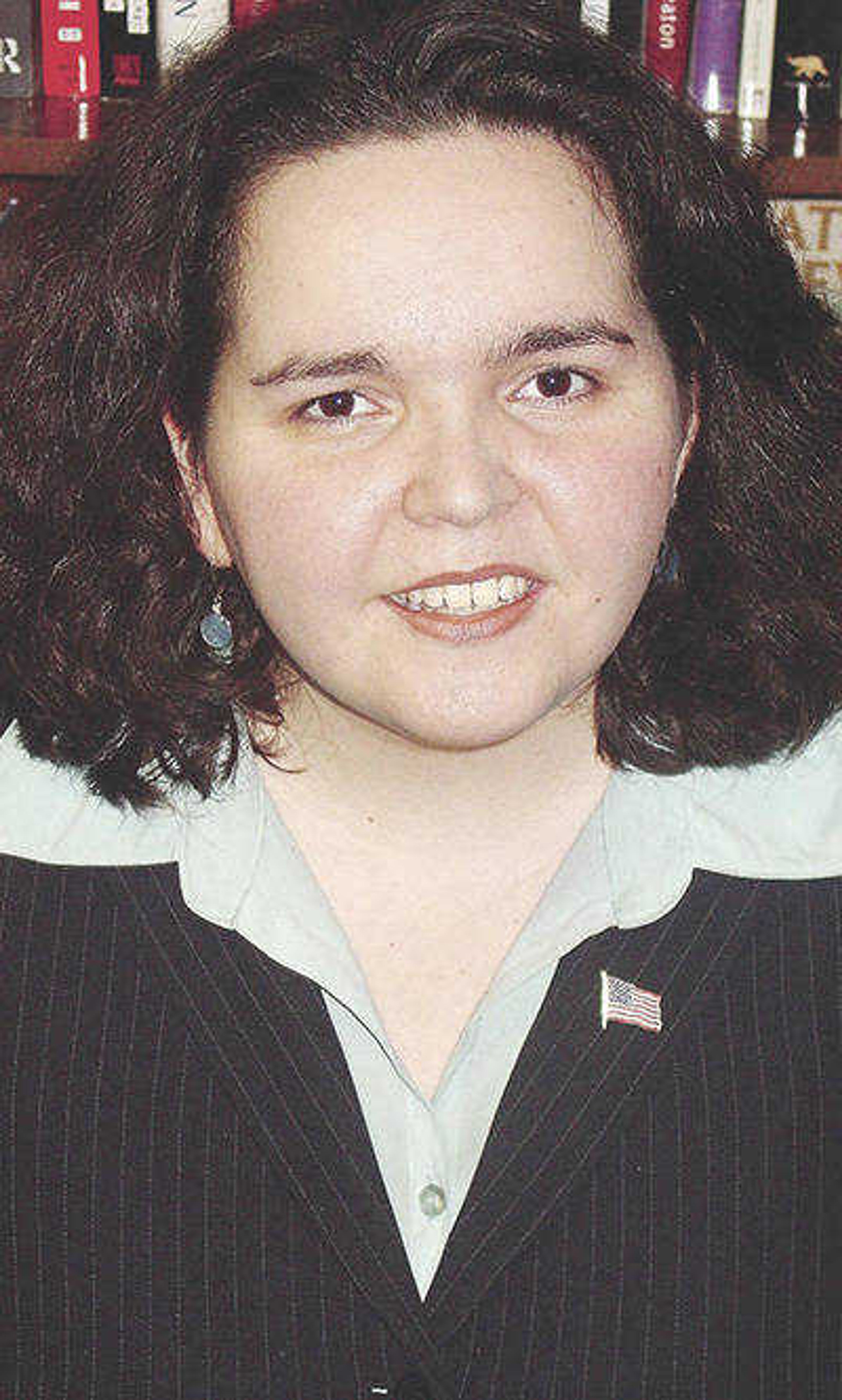Marching for life
Washington, D.C. "My mother told me that she tried to induce a miscarriage by jumping off chairs and trunks." The late former New York City Mayor Ed Koch wrote this 1989. He explained that she had told him she had several abortions in her life. "We were very poor. The prospect of another mouth to feed posed serious problems," he wrote...
Washington, D.C.
"My mother told me that she tried to induce a miscarriage by jumping off chairs and trunks."
The late former New York City Mayor Ed Koch wrote this 1989. He explained that she had told him she had several abortions in her life. "We were very poor. The prospect of another mouth to feed posed serious problems," he wrote.
Her desperate attempts to end the pregnancy didn't work. When she finally accepted her state, she began to worry that her efforts had damaged the baby. Thanks be to God, Koch's mother gave birth to a healthy girl. About her, Koch wrote: "She went on to be one of the most remarkable women I've ever met."
"It would have been a tragedy if she'd never been born," he wrote.
His gratitude for his sister's life did not make him an opponent of legal abortion, however. As a politician from New York -- one of the first states to legalize abortion before Roe v. Wade made it the law of the land in 1973 -- Koch could hardly have gotten far as a pro-life warrior.
But Koch talked about how he never considered himself pro-abortion. Like many who describe themselves as pro-choice, he saw abortion as a personal freedom, and wanted women in difficult situations to have options.
Though the debate around abortion was rancorous then as it is now, he would often meet with a pro-life nurse named Jeanne Head, who would bring him roses. "Instead of issuing shrill threats and accusations, she would discuss with me her determination to make abortions illegal. Her approach to the subject was very intelligent and reasoned," Koch wrote. And Head listened "patiently to my side of the issue. And I must say I was impressed by her willingness to talk about such a high-powered subject in such a calm and considerate manner," Koch wrote.
Doesn't that sound nice? There are few incentives in politics for people to actually listen to each other and not only find common ground, but mutual humanity.
It's a frigid morning, icy and snowing, in Washington, D.C. as I write this. But even before the 51st annual March for Life here, I've met people from North Dakota and Idaho and Arizona, who've traveled here to take part in the annual pro-life gathering. (Some 200 students from the University of Mary were traveling on buses for almost 40 hours. And that's one-way!) And, yes, even though abortion is no longer a constitutionally guaranteed right, we still come here to mark the anniversary of Roe v. Wade. And to remind people that this isn't actually just a state issue, but a human one.
Politics is one thing. Media is one thing. But humanity is another. Where can we have a better conversation, one carried out with mutual respect and with the human needs of the people involved in mind? Every one of us has the power to do it in our own relationships and encounters.
That Koch testimony came from a book he wrote with his friend Cardinal John O'Connor, the late archbishop of New York ("His Eminence and Hizzoner"). O'Connor was about as staunch an opponent of abortion as there ever has been. And yet he and Koch wrote a book together, one that covered sensitive issues in a very thoughtful and nuanced way. We non-bishops and mayors need to take many pages from their book.
klopez@nationalreview.com
Connect with the Southeast Missourian Newsroom:
For corrections to this story or other insights for the editor, click here. To submit a letter to the editor, click here. To learn about the Southeast Missourian’s AI Policy, click here.










